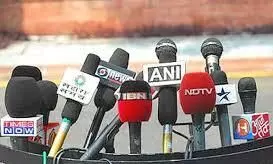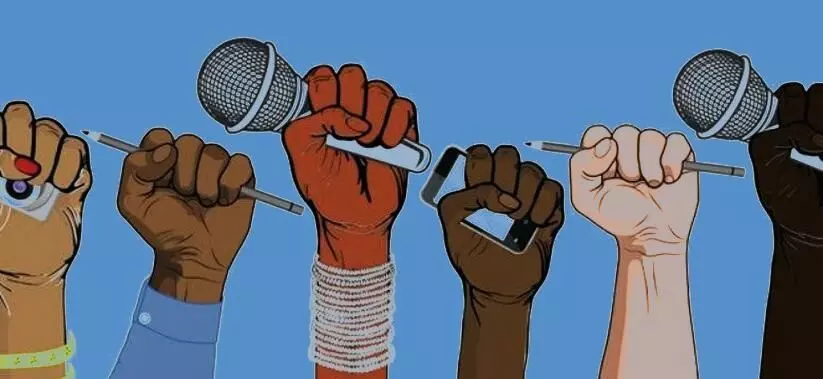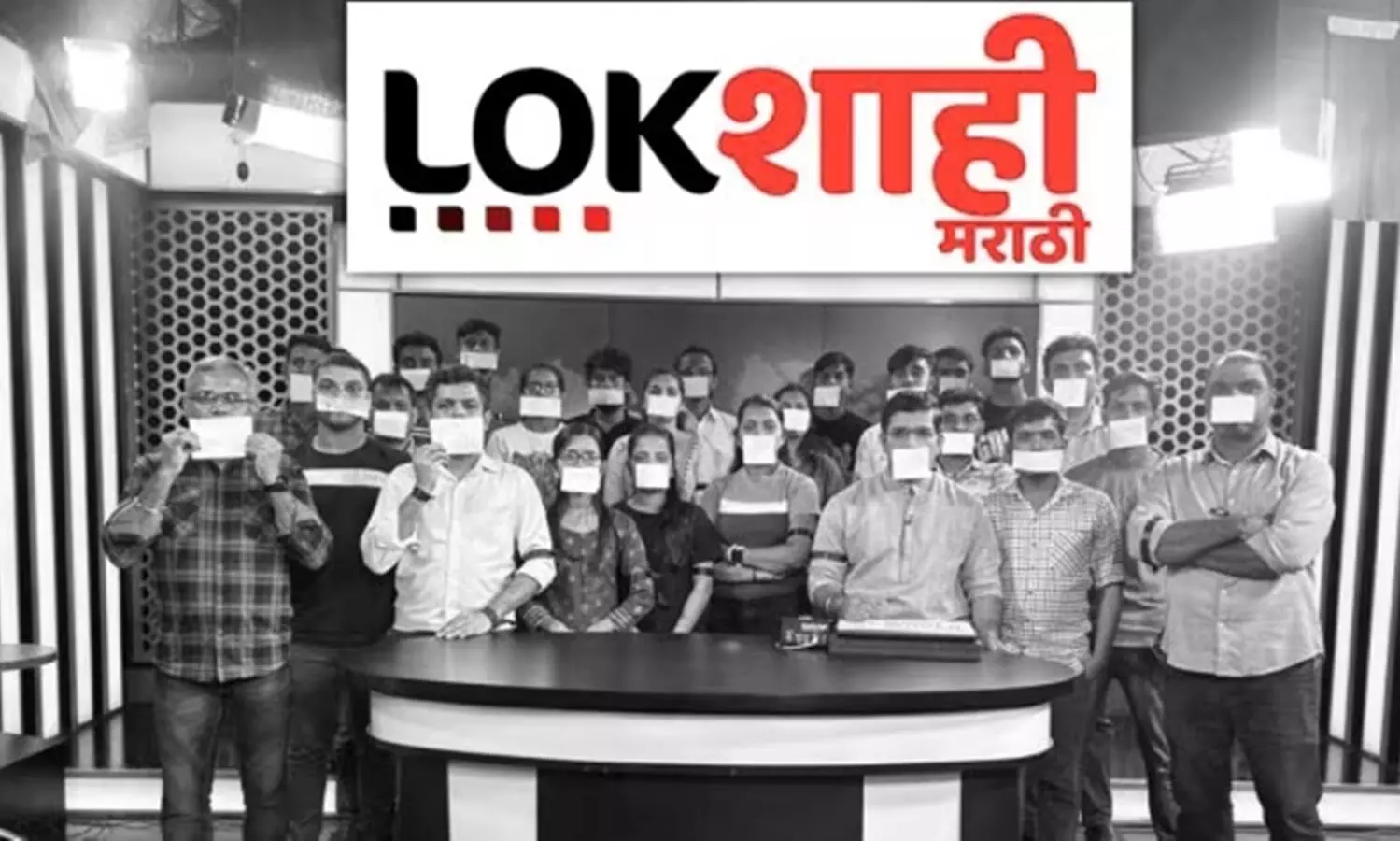
Mother of democracy is mortally sick
text_fields"Its (Press) role in a democratic society is crucial for it shines a light on the functioning of the state. The Press has a duty to speak truth to power and present citizens with hard facts, enabling them to make choices that propel democracy in the right direction. The restriction on the freedom of the Press compels citizens to think along the same tangent. A homogenised view on issues that range from socio-economic polity to political ideologies would pose grave dangers to democracy" - this was the warning given by the Supreme Court in its judgment issued on April 5, 2023, overturning the ban imposed by the BJP administration on the MediaOne Malayalam news channel, which stood for ten years on the side of fairness and justice.The verdict, which strengthened the immunity of democracy and civil liberties, brought joy to the citizenry. The apex court's judgment against the subversion of democracy forever raised India's reputation in front of the world. However, the media interventions of the BJP government in the last one year make it clear that the central government which intended destruction of rights did not see this as desirable. The Supreme Court rejected the refusal by the Union Ministry of Information and Broadcasting to renew the license of MediaOne channel without giving any reason and reminded the government in strong language that freedom and natural justice, which are the cornerstones of a democratic state, cannot be denied using arguments of vested interests. The Supreme Court, in its judgment, had struck down the Modi government's move to restrict and ban anything deemed injurious to the administration and rulers as harmful to national security. Last year's historic judgment was a strong warning against the totalitarian tendencies of the government, which undermines constitutional rights. However, the Centre continues to ignore the instructions given by the Supreme Court, which were intended to uphold the dignity of the democratic state.
India's decline from 150th to 161st in 'Reporters Without Borders' press freedom index should be seen as a sign of negation of common standards of democracy and justice. Recently, the Supreme Court stopped the move of the central government to establish a fact-check unit proposed by the Centre to bring social media under the control of the government. At the same time, when the government imposes laws and regulations to deny natural justice to media, there are efforts made at the administrative and party levels to demoralise media organisations and activists and torture them as if none of these regulations were applicable. On June 22 last year, the 'Wall Street Journal' writer Sabrina Siddiqui, who raised questions about the status of minorities in India at a joint press conference convened in Washington on the occasion of Prime Minister Narendra Modi's visit to the United States, was subjected to ruthless cyber-lynching by the leaders of the BJP government and the party. In response to her question, Modi explained that there is no discrimination of religion, caste, race, nationality, and age in India and, democracy is in India's DNA, and it is the strength that runs in its veins. But the racist abuse and attack against Siddiqui contradicted Modi's response. The White House issued a statement condemning the campaign when it went too far, calling it undemocratic and unacceptable.
Indira Gandhi's Emergency was described as the dark age of journalism in independent India. However, the free press is facing a worse situation under the Modi regime. The government has created an atmosphere of emergency by buying off the media and journalists, banning those who cannot be bought and using government machinery to hunt them down. The situation is that only those who praise the government can survive. So the new media, which have become Modi's megaphones, are defeating even those who are on their knees. Modi's own corporates bought most of the neutral media outlets one by one to the government's tune. Those who did not give in were jailed by the ED and IT using coercive measures and branding them as anti-nationals, urban naxals, fake media, and Lutyens Delhi media. Thus, the Modi government in its drive to create totalitarianism by reducing everything to 'one', is turning the scene into one country and one media without opposition Isn't this insistence that only news disseminated by the government is enough for the entire country a state of emergency? Narendra Modi describes India as the mother of democracy. It is this very predicament that the 'Financial Times' pointed at while mocking that democracy is sick in India.

























